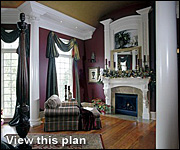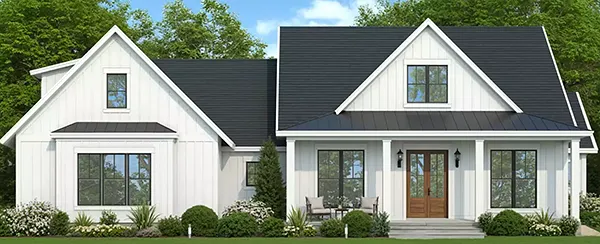Types of Window Treatments
 Today the selection of different window treatments is limited only to your imagination and budget. Interior designers are constantly creating new and original designs for the leading window treatment manufacturers. Trends and styles change each year like the fashion industry where old favorites get a makeover and original designs follow the demands of the consumer.
Today the selection of different window treatments is limited only to your imagination and budget. Interior designers are constantly creating new and original designs for the leading window treatment manufacturers. Trends and styles change each year like the fashion industry where old favorites get a makeover and original designs follow the demands of the consumer.
You will probably be overwhelmed by all the options available for window treatments, particularly after browsing through 1,000's of interior design websites and magazines. Here is some information about the more popular window treatments so you can begin selecting the appropriate treatments for every room in your new home.
First it is best to explain the subtle differences between curtains and draperies. Their primary function is to block light and sound, heat and cold and provide your home with privacy. Homeowners love them because they can be extremely decorative and add to their home's décor.
Technically speaking, curtains are usually made of lighter weight fabric and are meant to be decorative to showcase a window. They are usually hung on a rod through a rod pocket using rings or tabs and remain stationary, unless adjusted with tie-backs.
Drapes are usually made of heavier fabric, lined, pleated and hung on a traverse rod with a string so you can easily open and close them. They are used both for shielding out light and décoration and are available in many styles, including thermal, silk and blackout drapes.
Popular additions to drapes or shades are valances, which are decorative top treatments that conceal the mounting hardware. They can be pleated, arched, gathered or flat, straight or shaped, and can be mounted on dust boards, poles, or rods.
For a sleeker look you can use cornices, which are padded box shapes covered in fabric and trim. The bottom edge can be shaped in many different ways. They are mounted above the window, but still conceal the mounting hardware. There are many decorative edges available for cornices. In some cases, homeowners opt to have custom cornices made to match the material of their furniture.
Swags and cascades are popular top treatments for windows. Swags are similar to valances except they are typically draped over in folds over a rod that runs horizontally across or mounted on a board. Cascades are fabrics that descend in a ziz-zag pattern either on the sides or across the top. They can be placed over swags or underneath them.
Window shades are a popular choice of window covering because they help regulate the amount of light in a room and offer a beautiful decorative alternative to blinds. There are many different types of windows shades to choose from including cellular (translucent), Roman, pleated, solar, motorized, balloon, roller (the simplest of shades) and many more.
Window blinds are different from window shades in that blinds are typically made from hard materials such as wood, metal or vinyl and have slats or louvers. Blinds can be hung either vertically or horizontally and come in a variety of styles, including wood blinds, vertical blinds, Venetian blinds, and mini blinds.
If you want a window treatment that does not involve curtains, because you have limited wall and floor space, window shutters are a good solution. Window shutters typically fold away to the side when opened and blend in with the architecture of the window frame. Like blinds and shades, they are effective at keeping the sun out and adding privacy to your home.
Curtains - The Shade Store has been hand-crafting fabric drapery and curtains for more than 60 years.
Web Wooden Blinds The wooden blinds sold on this website come in natural timber colors and different tints ensuring a perfect fit in any type of interior.
Design Tip
When it comes time to selecting the right window treatments for your new home, you need to decide whether a formal or casual look will complement your home's architectural style. Since it's all a matter of personal taste, you can easily mix and match styles and treatments to create a unique, yet functional look. Formal window treatments work best in living rooms and dining rooms, while casual or informal treatments are more practical for family rooms and kitchens. Rooms where you want a great deal of sunlight lend themselves to sheer or transparent window treatments. When it comes to the kitchen and bath, choose a window treatment that can handle humidity and moisture and is easy to clean.



.png)
.png)


